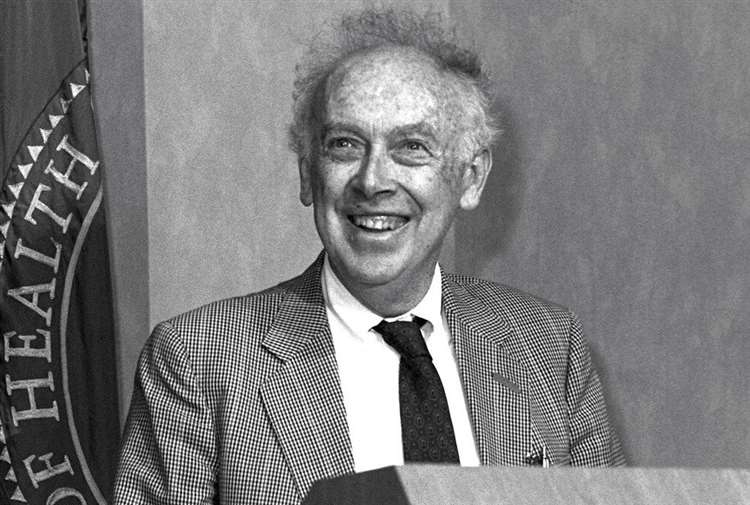
James Watson, celebrated for his pioneering contributions to the revelation of DNA’s molecular structure, has died at the age of 97. His partnership with Francis Crick was instrumental in unveiling the DNA double helix in 1953, a breakthrough that greatly propelled the domain of molecular genetics. For this achievement, along with Maurice Wilkins, Watson was awarded the Nobel Prize in Physiology or Medicine in 1962, highlighting one of the most significant scientific milestones of the 20th century.
Born on April 6, 1928, in Chicago, Watson cultivated an early fascination with natural history, especially birdwatching. He turned this interest into an academic pursuit by earning a degree in zoology from the University of Chicago in 1947, followed by a PhD in the same discipline from Indiana University Bloomington in 1950. His crucial pathway into DNA research commenced in 1951 when he was exposed to x-ray diffraction images of DNA by Wilkins during a conference in Naples, Italy, which directed him towards exploring the structural chemistry of nucleic acids.
Watson’s partnership with Crick at the Cavendish Laboratory of the University of Cambridge began in 1951, leading to their introduction of the DNA double-helix model in 1953. Their investigations were heavily influenced by x-ray diffraction information from Rosalind Franklin and Wilkins at King’s College London, yet ignited debate over the attribution of credit and accessibility to data. Franklin’s contributions were not duly recognized, and this dispute cast a shadow over Watson’s subsequent career.
In addition to this discovery, Watson’s career included positions at Cold Spring Harbor Laboratory (CSHL), where he concentrated on cancer genetics and played a role in the Human Genome Project. Despite his scientific achievements, Watson’s legacy encountered turbulence due to his public statements regarding race, leading to his departure from CSHL in 2007 and the revocation of his honorary titles in 2019 after reiterating contentious views.
In reflection of his legacy, 2009 Nobel laureate Venki Ramakrishnan recognized Watson’s significant impact on molecular biology and genetics, notwithstanding the controversial aspects of his later life. Watson’s innovative scientific legacy will endure beyond his biases, solidifying his influence on the scientific community and future generations of researchers.